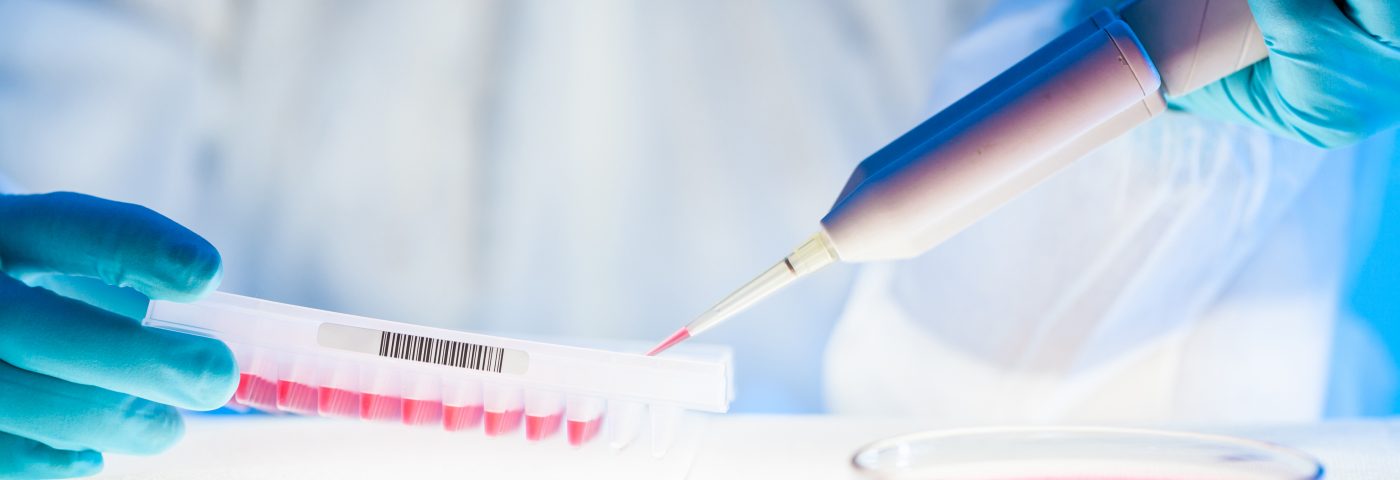Researchers at University Medical Center Utrecht, in the Netherlands, succeeded in using intestinal stem cells from cystic fibrosis (CF) patients to predict if patients would respond to a particular drug. The technique may particularly aid all those whose rare mutations make it difficult for physicians to find suitable treatments.
The sheer number of CF-causing mutations (more than 1,800 are known) complicates drug development, since clinical trials often need a somewhat similar group of patients. And some CF mutations are so rare that large enough pools of trial participants are considered unlikely, and their mutations go largely unstudied. Finding drugs that can manage symptoms in people with rare mutations is, consequently, challenging.
The proof-of-principle study, titled “Characterizing responses to CFTR-modulating drugs using rectal organoids derived from subjects with cystic fibrosis” and published in the journal Science Translational Medicine, isolated intestinal stem cells from such patients and cultured them in the lab. Researchers then examined responses to two transmembrane conductance regulator (CFTR)-modulating therapies, ivacaftor/Kalydeco and lumacaftor.
In culture, these stem cells start forming what researchers call ‘organoids’ — tiny three-dimensional models of the organ from which they are derived. Recent advances in ways of culturing such organoids has made them an attractive tool for researchers and clinicians.
“In vitro drug responses in rectal organoids positively correlated with published outcome data from clinical trials with [these two drugs], allowing us to predict from preclinical data the potential for CF patients carrying rare CFTR mutations to respond to drug therapy,” the researchers wrote.
Dr. Jeffrey Beekman, a medical biologist heading the laboratory that developed the method, explained that since the organoids are genetically identical to the patient, they make it possible to predict whether the disease will be mild or severe, and if a patient will respond to certain drugs.
Such responses are not always possible to determine from clinical trial results, said Professor Kors van der Ent, head of the CF Center at UMC Utrecht, noting that some new drugs with unimpressive trial results have proven to be true lifesavers for a number of patients.
“Some of these patients were waiting for lung transplants, but can now be found on the hockey pitch again thanks to the right medication. Their lives have completely changed. With our new organoid technology, which we have already used on some 200 CF patients, we are entering a new era of individualized treatment,” said Professor van der Ent in a press release.
Dr. Jacquelien Noordhoek-van der Staaij, director of the Netherlands Cystic Fibrosis Foundation and of CF-Europe — the umbrella group for European CF organizations — believes that the new method is a key step toward more efficient drug development processes in CF.
“The entire field of CF patients and practitioners is welcoming this with open arms. We have been waiting for this all along,” she said.
An informative short film about the use of organoids from intestinal stem cells in CF drug testing can be viewed using this YouTube link.

